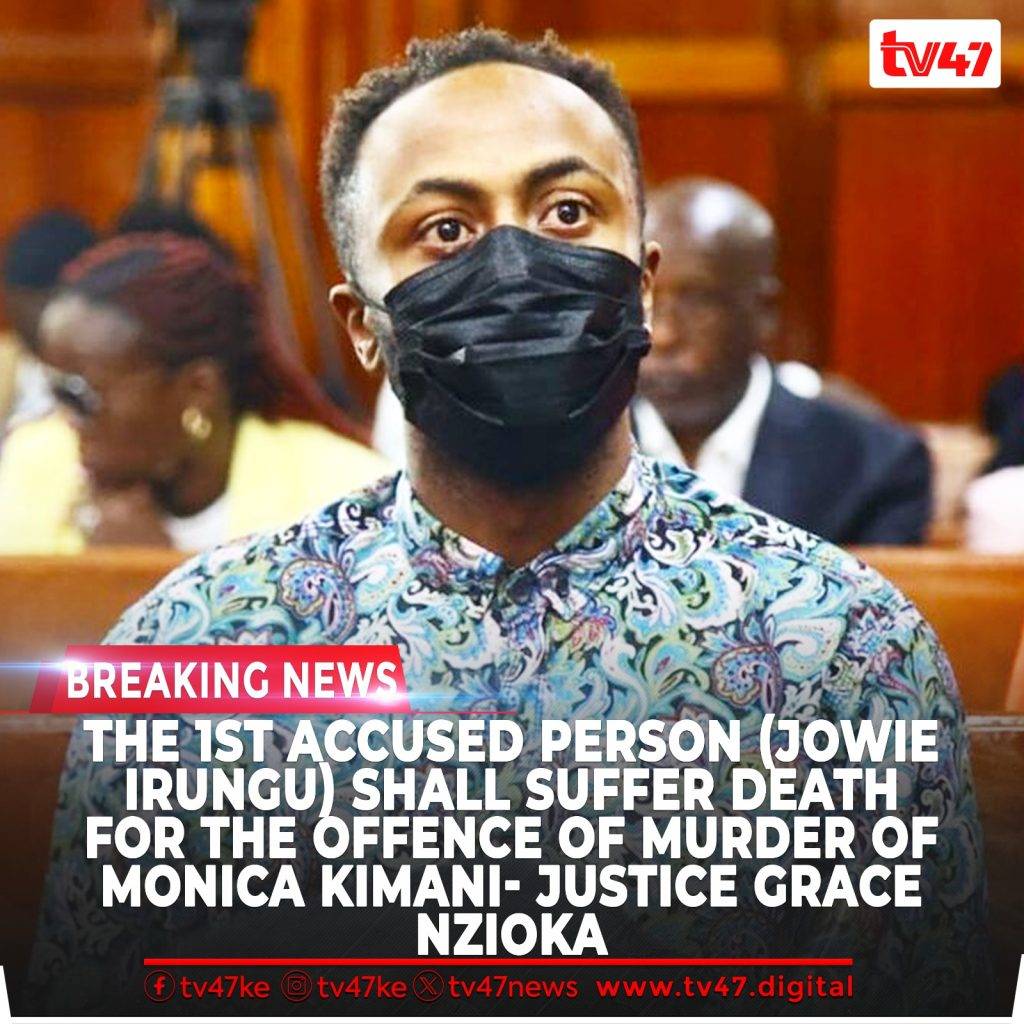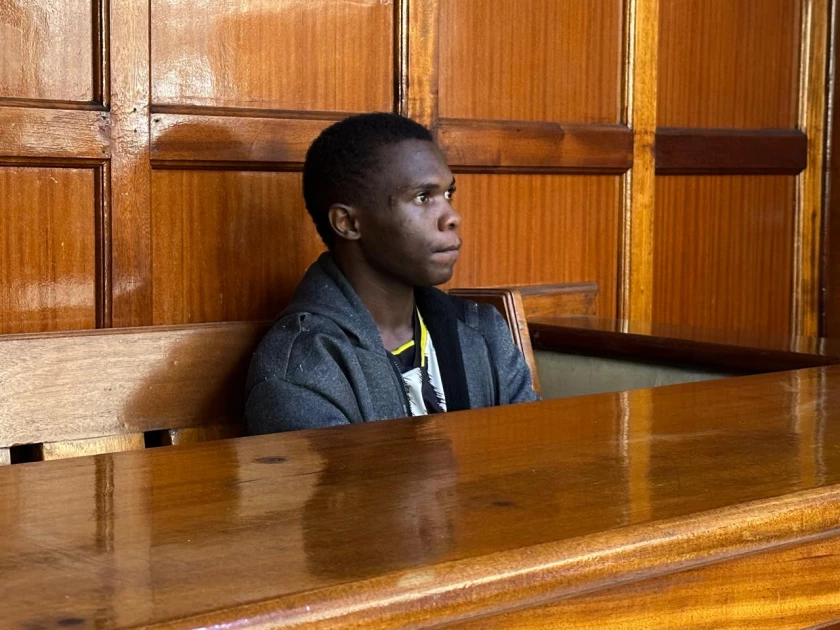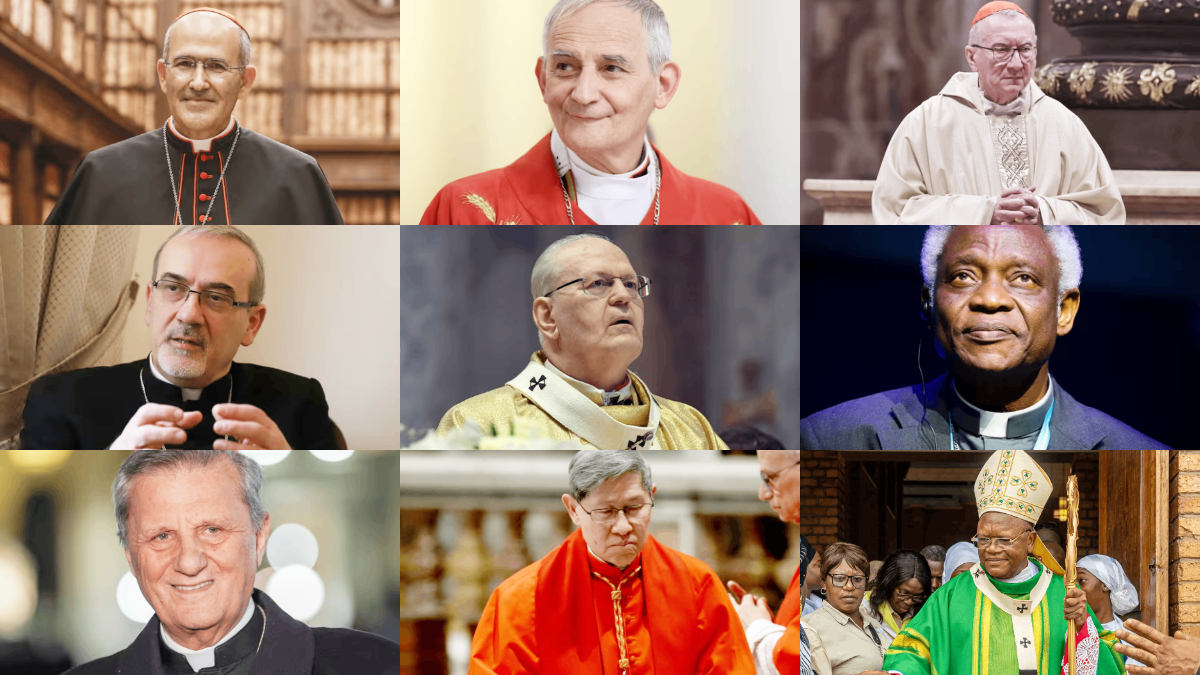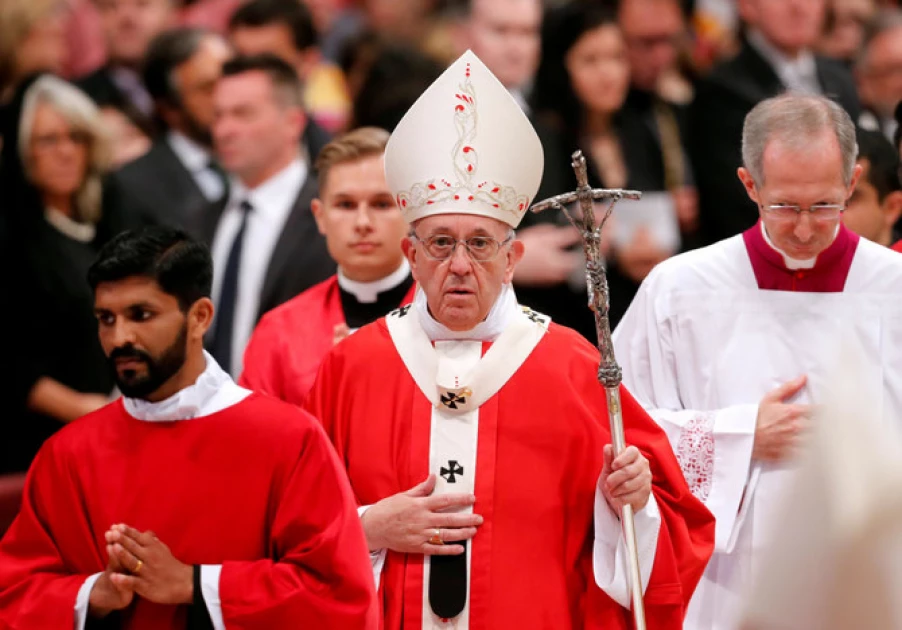The continued imposition of the death sentence by courts in Kenya, despite a longstanding hiatus in actual executions, raises profound questions about the efficacy, morality, and relevance of capital punishment in modern society.
Yesterday’s sentencing of Joseph Irungu, also known as “Jowie,” to death for the 2018 murder of Monica Kimani has revived this debate and reignited the conversation on the need for a critical reevaluation of our approach to criminal justice and punishment.
It’s a paradoxical situation where individuals are condemned to death, yet the state refrains from carrying out executions, resulting in lengthy periods of uncertainty and deprivation for those sentenced.
The reality for those facing the death penalty is a grim existence, marked by isolation, limited opportunities for rehabilitation, and a perpetual shadow of impending doom.
It is no wonder that successive Presidents, have opted to commute death sentences to life imprisonment indicating recognition of this untenable situation, yet it leaves the issue unresolved.

The Supreme Court, in December 2017 declared the mandatory death penalty unconstitutional reopening debate as to what purpose the death penalty serves in the criminal justice system.
The fact that the AG and the ODPP failed to come up with a detailed plan to deal with sentence re hearings for convicts who were on death row as directed by the Supreme Court is an indictment on the state agencies.
Players in the criminal justice system need to urgently come up with a lasting solution to this as it is inhumane to keep death row convicts anxious as they await their fate.
It is time for Kenya to confront the contradictions and moral dilemmas inherent in its current approach to capital punishment.
Abolishing the death penalty and embracing alternative sentencing measures would mark a significant step towards realizing the principles of dignity, equality, and justice for all.
Copy by Fred Indimuli- host Morning Cafe show












